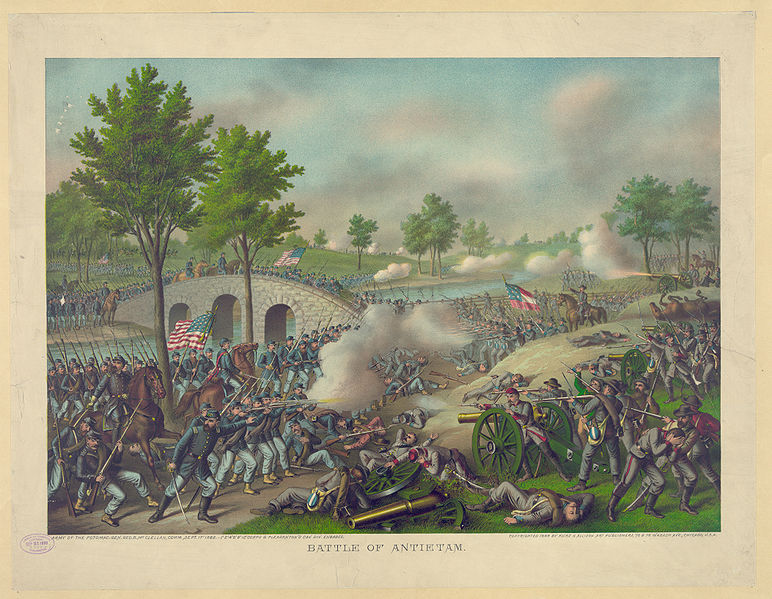Appearing Before the Court
 [Editor’s Note: This month faculty members share their favorite brief writing or oral argument tip. This is the first entry in the series.]
[Editor’s Note: This month faculty members share their favorite brief writing or oral argument tip. This is the first entry in the series.]
When people ask me about the most helpful tip I can give for writing a brief and appearing in front of the Wisconsin Supreme Court, my answer is always “preparation, preparation, preparation.” The most effective appellate lawyers have spent an incredible amount of time knowing and understanding their cases and the applicable and relevant law in the area. They have “mooted” their oral arguments a number of times in front of different lawyers or retired judges. Of course, appellate books and training programs tell you to do that as well.
I believe it is perhaps more helpful for me to write about a significant mistake I have seen very well prepared lawyers make. The biggest error by counsel appearing before the Court is to get too close to the case. They know how they want the case to turn out (although occasionally we had an attorney appear who could not exactly explain what he or she believed the mandate line should say if there is a reversal). We all understand that counsel’s objective (rightfully so) is to win it for the client.


